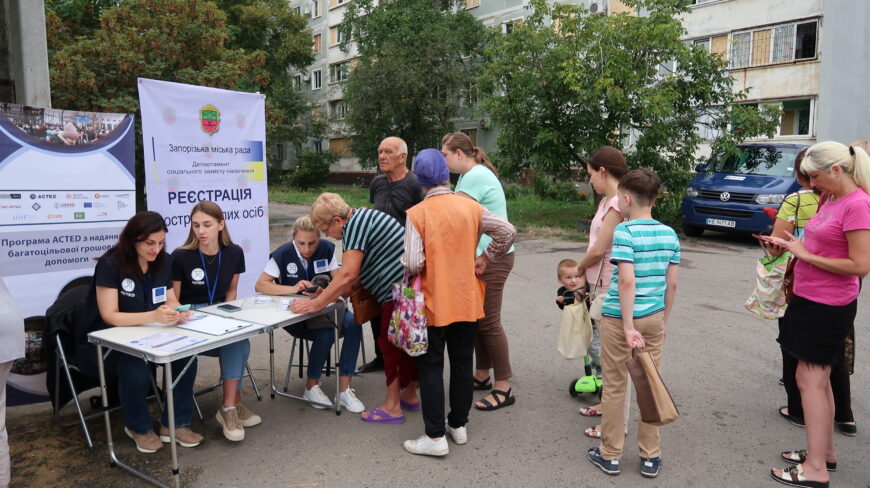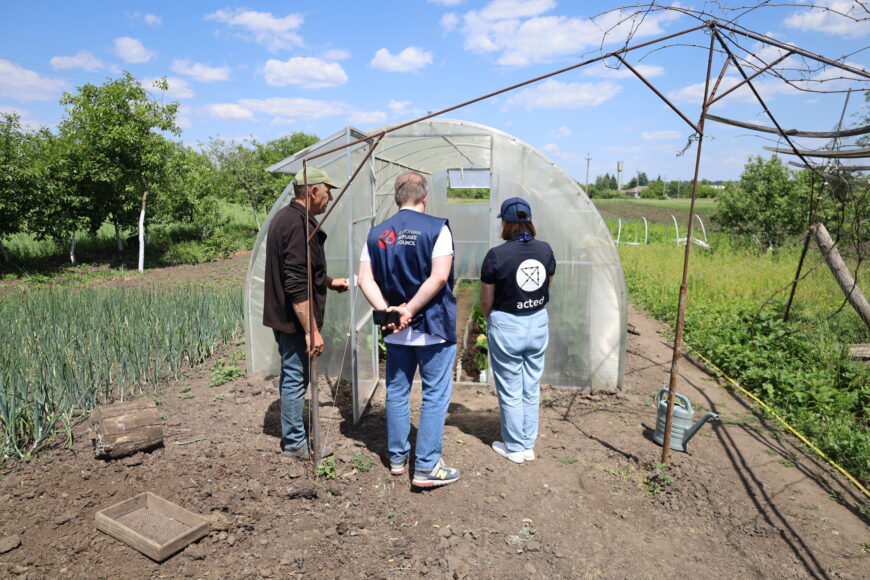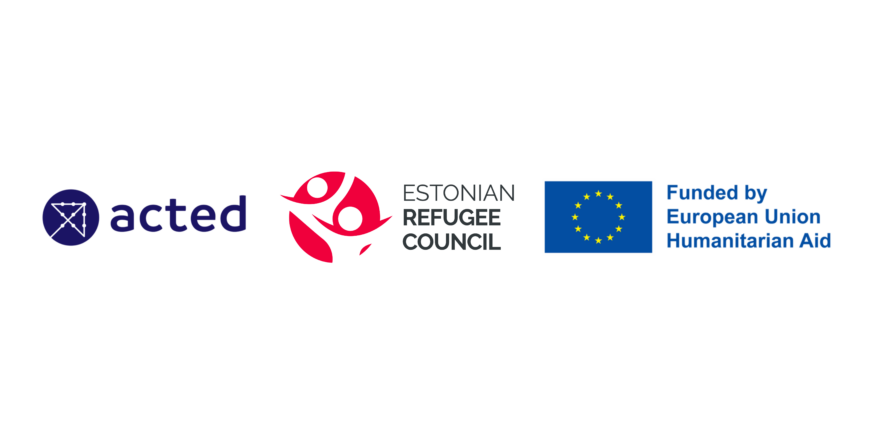May 31st, 2024 – Ukraine. With funding from EU Humanitarian Aid, Acted and the Estonian Refugee Council (ERC) leveraged their experience in delivering humanitarian assistance in Ukraine to establish a targeted cash program for rural, suburban, and frontline communities.
Throughout this 12-month initiative, Acted and the Estonian Refugee Council (ERC) implemented a focused cash assistance program, targeting rural and frontline communities in Ukraine. This effort provided regular and rapid response Multi-Purpose Cash Assistance (MPCA), Cash for Heating (CfH) and Emergency Livelihoods grants to 116,612 conflict-affected individuals, with a continued focus on frontline and newly liberated areas.
After Russia’s full-scale invasion of Ukraine on February 24th, 2022, the focus of interventions shifted from short- and medium-term resilience activities in Eastern Ukraine to humanitarian relief efforts across the entire country. Various needs assessments and Post Distribution Monitoring in targeted areas showed that cash assistance continues to be a critical priority in Ukraine, helping to meet basic needs and strengthen the resilience of those affected.
Multi-Purpose Cash Assistance (MPCA) continues to be a critical priority in Ukraine, an effective and unrestricted response to humanitarian needs in communities and is aimed to meet basic needs among the most vulnerable population. Since financial system in Ukraine remains stable and markets are available - MPCA involves conflict-affected households in decision-making providing dignity and choice for people.

Between June 1st, 2023 and May 31st, 2024, out of the 116,612 project beneficiaries, 88,815 conflict-affected individuals were provided with MPCA, 31,811 individuals received CfH assistance, and 2,498 individuals benefited from the 971 Emergency Livelihoods grants provided by Acted and ERC.
Overall, 81% of project’s beneficiaries improved their ability to meet their basic needs as they prioritize them. MPCA beneficiaries mainly used the assistance for house repairs, but also to purchase medication, food or hygiene products. In addition, the results of the CfH assistance show that beneficiaries spent it on winterization-related purchases. Finally, 98% of Livelihood grants recipients launched an activity or developed an existing business. These last results highlight the importance of Emergency Livelihood activities to improve the resilience of the population and enable them to meet their basic needs.

